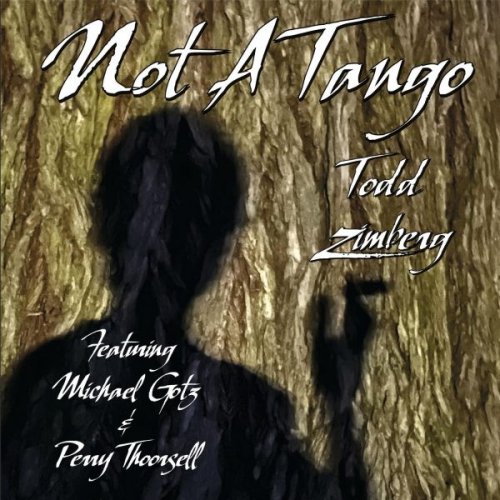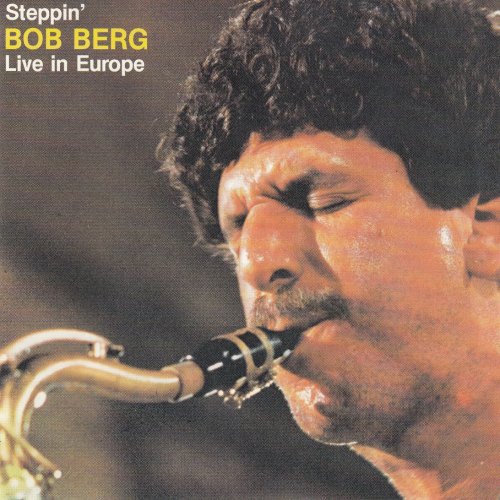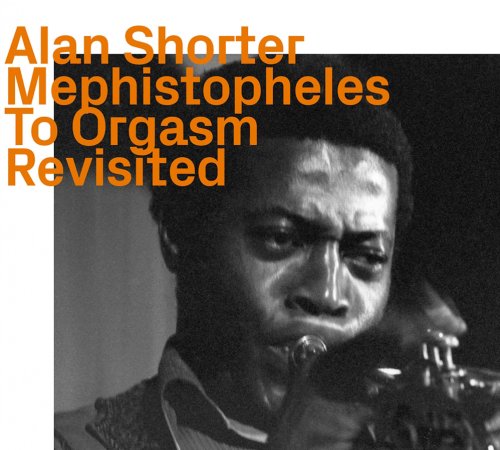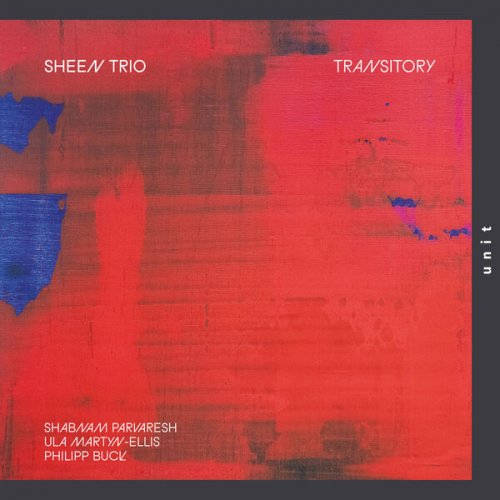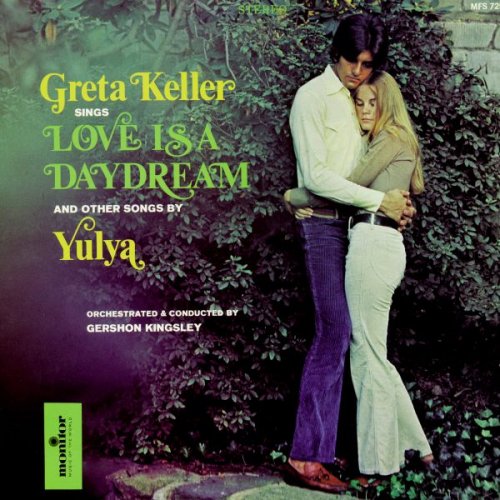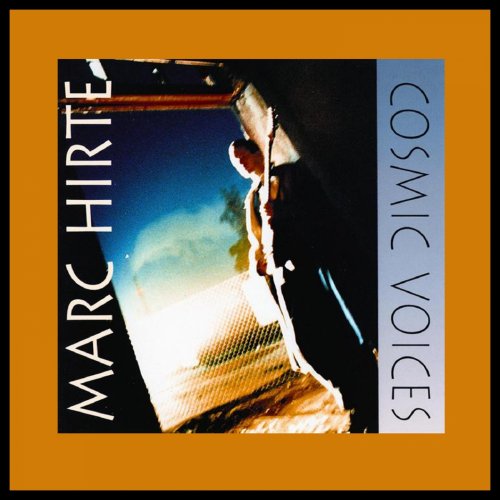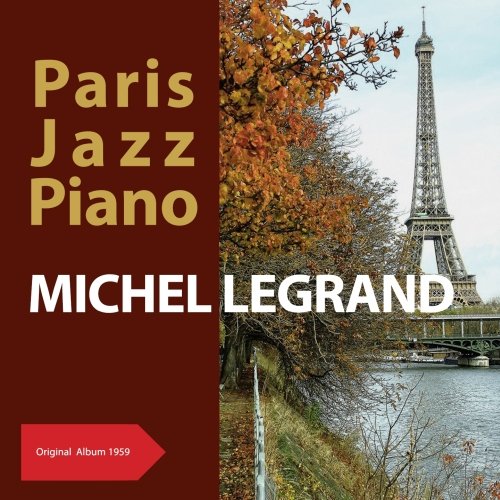John Matheson - Verdi: La Forza del Destino (2005)
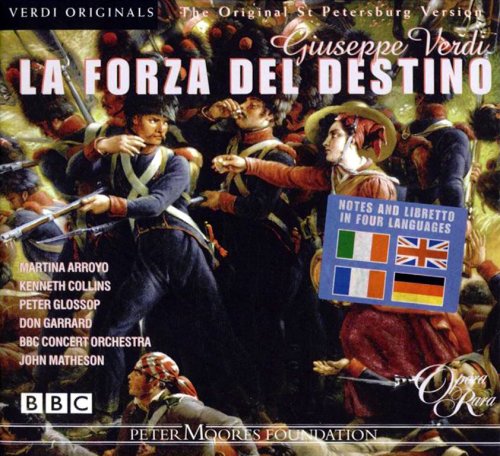
Artist: John Matheson
Title: Verdi: La Forza del Destino
Year Of Release: 2005
Label: Opera Rara
Genre: Classical
Quality: FLAC (image + .cue, log, artwork)
Total Time: 02:36:45
Total Size: 961 MB
WebSite: Album Preview
Tracklist:Title: Verdi: La Forza del Destino
Year Of Release: 2005
Label: Opera Rara
Genre: Classical
Quality: FLAC (image + .cue, log, artwork)
Total Time: 02:36:45
Total Size: 961 MB
WebSite: Album Preview
CD 1
01. La forza del destino, opera: Act 1. Preludio
02. Introduzione. Scena. Buona notte, mia figlia
03. Introduzione. Romanza. Me, pellegrina ed orfana' Leonora
04. Duetto. Ah, per sempre
05. Duetto. Pronti destrieri
06. Duetto. Ah! Seguiri fino agli ultimi confine
07. Finale 1. E tardi - Allor di calma è duopo
08. La forza del destino, opera: Act 2. Coro. Holà, holà, holà
09. Scena, canzone. La cena è pronta' Alcade
10. Scena, canzone. Canzone. Al suon del tamburo' Preziosilla
11. Scena e ballata. Viva la buona compagnia!
12. Scena e ballata. Son Pereda, son ricco d'onore
13. Scena, Coro e ripresa della danza. Ma, gnaffe, a me non se la fa...
14. Scena ed aria. Son giunta! Grazie, o Dio!
15. Scena ed aria. Madre, Madre, pietosa
16. Scena e duetto. Chi siete?
17. Scena e duetto. Or siam soli...
18. Scena e duetto. Ah, tranquilla l'alma sento
19. Scena e duetto. Se voi scacciate questa pentita
20. Scena e duetto. Sull'alba il piede all'eremo
21. Finale 2. Preghiera. Il santo nome di Dio Signore
22. Finale 2. Preghiera. La Vergine degl' Angeli
CD 2
01. La forza del destino, opera: Act 3. Scena e romanza. Attenti al giuoco
02. Scena e romanza. Oh tu che in seno agli' angeli
03. Scena, battaglia e duettino. Al tradimento...
04. Scena, battaglia e duettino. All'armi! All'armi!
05. Scena, battaglia e duettino. Piano... qui posl...
06. Scena, battaglia e duettino. Solenne in quest'ora
07. Scena ed aria. Morir! Tremenda cosa!
08. Scena ed aria. Urna fatale
09. Coro e strofe. Venite a me davanti
10. Scena ed arietta. Qua, vivendiere, un sorso
11. Scena ed arietta. A buon mercato
12. Predica. Toh! toh! Poffare il mondo!
13. Rataplan. Rataplan della gloria
14. Scena e duetto. E come ricambiarvi tante cure?
15. Scena e duetto. Sleale! Il segrero fu dunque violato?
16. Scena e duetto. No, d'un imene il vincolo
17. Finale 3. Scena ed aria. Qual sangue sparsi!
18. Finale 3. Scena ed aria. S'incontri la mort!
CD 3
01. La forza del destino, opera: Act 4. Coro ed aria buffa. Che? Siete all'osteria?
02. Scena e duetto. Auf! Pazienza non v'ha che basti
03. Scena e duetto. Del mondo i disinganni
04. Scena e duetto. Giunge qualcuno, aprite
05. Scena e duetto. Spento mi cred'Alvaro...
06. Scena e duetto. Le minaccie, e i fieri accenti
07. Melodia. Pace, pace mio Dio
08. Scena e Finale Ultimo. Chi preme questa terra è maledetto
09. Scena e Finale Ultimo. Sì, dunque a me presso tu stavi
10. Scena e Finale Ultimo. Miserere mei Deus
Verdi’s Forza del destino no longer seems to be as popular as it once was, and more’s the pity, for its Shakespearean sweep is unique in the Verdi canon. Opera Rara has been reissuing a number of BBC broadcasts that once (and still) circulate on the parallel market; this is the fourth of the series to come my way. Unfortunately, where these performances were once the only edition of the early versions, almost all now have competition, however far from ideal, usually based on either live performances or with a cast that had already performed the work. What has been missing is the theatrical atmosphere, and this performance is no exception, particularly when compared with the Maryinsky edition conducted by Valery Gergiev. The performance was taped in August 1981, but not broadcast until almost two years later. While it is good to have a memento of Martina Arroyo’s substantial soprano, we hear that it is sometimes unwieldy, with high notes not always cleanly attacked. Janet Coster is totally unfazed by the demands of Preziosilla, but the peculiar way in which she pronounces “Guerra” is increasingly annoying with each of the many repetitions. The wispy-sounding tenor of Kenneth Collins (did he really sing Radames, Manrico, and Alvaro in the theater?) has problems with high B and B?, but the C at the end of the restored aria is loud and clear. Peter Glossop’s unpleasant sound may in some circles be considered appropriate for the character of Carlos, while Derek Hammond-Stroud uncomfortably reminds me of Ruggiero Raimondi’s imitation of an Englishman in Il viaggio a Reims. Which leaves Don Garrard as a sympathetic Guardiano. At the same time, the Philips recording is far from ideal with a stolid baritone and bass, but everyone is completely in character and Gergiev once again galvanizes his forces as few others can these days.
The question is whether we should be interested in the first Forza, to which the answer is a resounding affirmative. Verdi more closely follows his source material and the bloody ending is part of a tradition, though it would be difficult to give up the final trio that replaced it. Elsewhere, as in other works of which we have heard two versions, we notice how melodic ideas that were acceptable the first time have been refined so that they are now more individual and striking (the duet between Leonora and Guardiano). The main differences are the aforementioned conclusion to the opera, and the fashion in which act III was reworked so that the duets between Alvaro and Carlos are no longer on top of one another but are separated by the camp scene. This, of course, not only gives the singers time to catch their breath but allows the act to terminate with attention once more focused on the protagonists, not to mention a killer aria for the tenor to bring down the curtain. We are deprived of the single phrase with which Alvaro ends the scene in the final version, but dramatically, the original structure makes more sense. -- Joel Kasow
The question is whether we should be interested in the first Forza, to which the answer is a resounding affirmative. Verdi more closely follows his source material and the bloody ending is part of a tradition, though it would be difficult to give up the final trio that replaced it. Elsewhere, as in other works of which we have heard two versions, we notice how melodic ideas that were acceptable the first time have been refined so that they are now more individual and striking (the duet between Leonora and Guardiano). The main differences are the aforementioned conclusion to the opera, and the fashion in which act III was reworked so that the duets between Alvaro and Carlos are no longer on top of one another but are separated by the camp scene. This, of course, not only gives the singers time to catch their breath but allows the act to terminate with attention once more focused on the protagonists, not to mention a killer aria for the tenor to bring down the curtain. We are deprived of the single phrase with which Alvaro ends the scene in the final version, but dramatically, the original structure makes more sense. -- Joel Kasow

